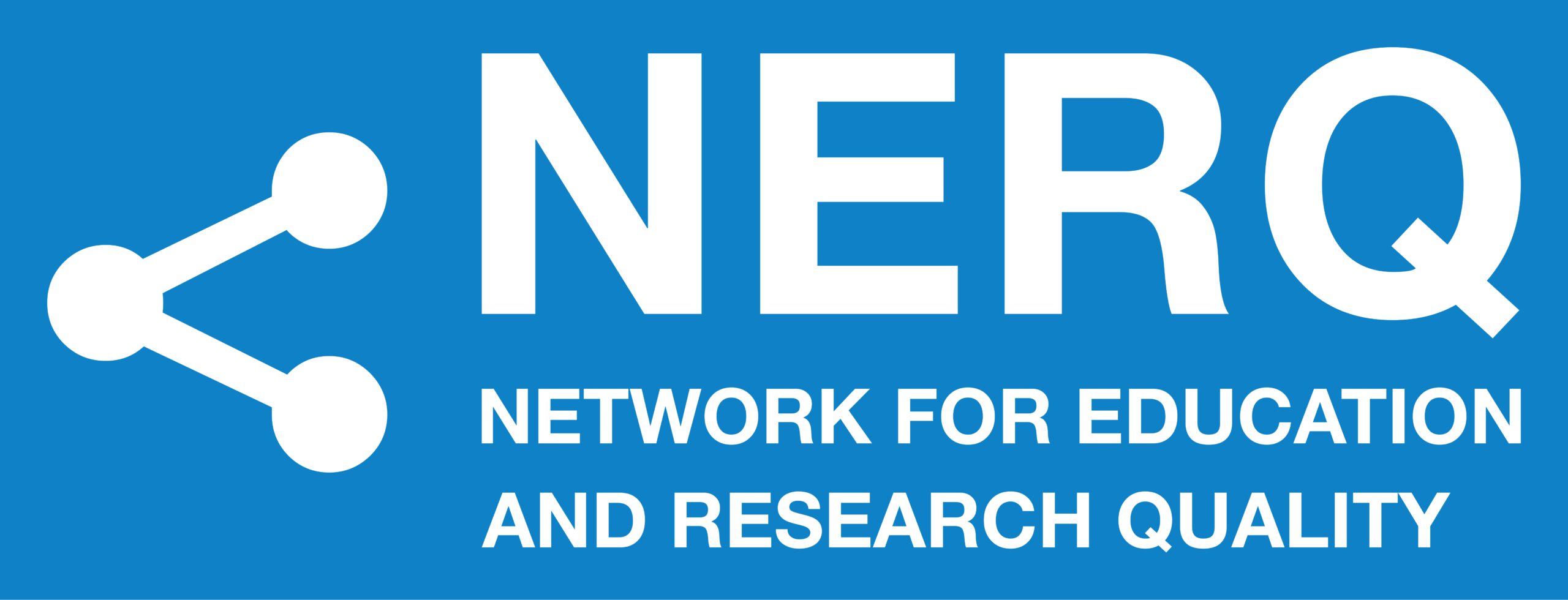NERQ History & Aims
History
The Network for Education and Research Quality (NERQ) was initiated in September 2020 by a cluster of four Horizon 2020 projects: INTEGRITY, Path2Integrity, Virt2UE, and EnTIRE.
After the World Conference on Research Integrity in 2022, Julia Priess-Buchheit and Mariëtte van den Hoven (the NERQ coordinators and founders) continued their exchange. By the summer of that same year, the founders engaged representatives from the European Commission in discussions.
The network’s online launch on November 25, 2022, attracted more than 90 attendees. In March 2023, the Network held its first hybrid meeting in Brussels, with over 155 subscriptions.
The Network for Education and Research Quality has already made significant strides, and there is much to look forward to in the future. In particular, they published a position paper on research integrity education (preprint available here).
Development
The Network for Education and Research Quality was launched as a network initiative due to several reasons.
Firstly, many distinct groups are working on education both nationally and internationally. This separation can result in a lack of communication and collaboration among individuals and institutions, meaning that essential developments and innovations may go unnoticed and remain unshared. The Network aims to bridge these institutional, national, and sectoral divides, facilitating the exchange of ideas and best practices.
Secondly, with many initiatives recently enacted in various regions worldwide, including Europe, Asia, and Africa, it is evident that there is a need for increased opportunities for training and collaboration in education and research. This need encompasses students, PhD candidates, and senior researchers alike. Although training exists in some areas, there remains significant potential for improvement in others.
Aims
NERQ has the ambition to:
- Share effective teaching practices and education insights by discussing the experiences of teachers and educators;
- Enhance the quality of training programs and educators in the field;
- Promote an evidence-informed development of training in the field by increasing engagement in research activities to assess courses and training.
